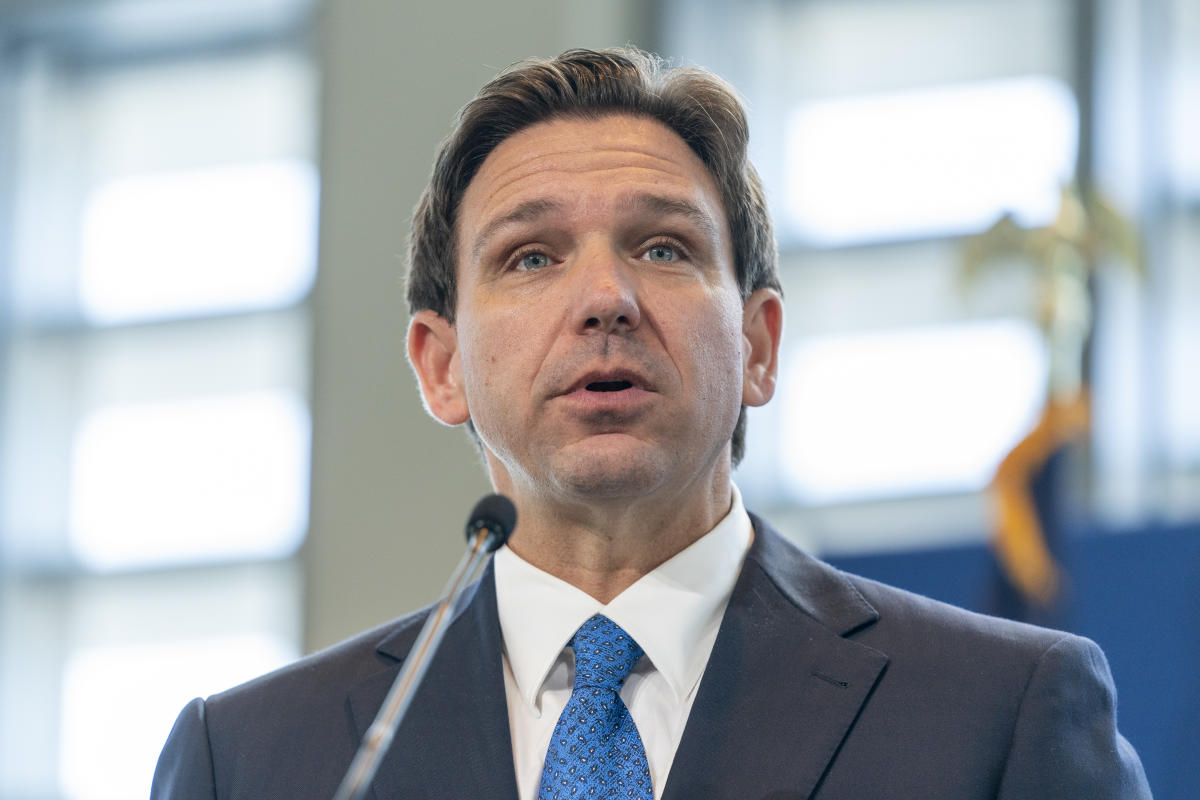Some more context from legal experts:

DeSantis' tough words may come back to haunt him in Disney lawsuit -experts
Now that the year-long war of words between Florida Governor Ron DeSantis and the Walt Disney Co has landed in the courts, the Republican leader might find his verbal barbs directed at the entertainment giant coming back to bite, legal experts said. Disney on Wednesday sued DeSantis to prevent...www.yahoo.com
For Disney to prevail, a jury would have to find a connection between the company's comments and the changes to the development district, renamed under DeSantis' control as the Central Florida Tourism Oversight District. DeSantis may argue that government has given the company special tax benefits over the years and Florida is entitled to change that. But Leslie Kendrick, the director of the Center for the First Amendment at University of Virginia School of Law, said it will come down to the reason for the changes. "First Amendment law would say that is problematic if it's done because of the speaker's protected speech," Kendrick said.
DeSantis' tough talk toward Disney is cited throughout the lawsuit, including 18 quotes referring to some form of "woke Disney." The lawsuit cites an opinion piece DeSantis wrote for the Wall Street Journal in which he said when companies like Disney use their power to "advance a woke agenda," leaders must fight back or they surrender "the political battlefield to the militant left." Legal experts said examples of retaliation for political speech often involve state employees. One business example Kendrick cited involved a newspaper tax imposed on publications with a circulation of 20,000 in Louisiana in 1934, influenced by the state's powerful senator, Huey Long. The law was largely seen as punishing a student paper critical of the former governor, even though it impacted 13 publications, many of which sued. The lawsuit over the tax eventually made its way to the U.S. Supreme Court, which struck it down in a case known as Grosjean v American Press Co. The justices said the tax was seen as a deliberate attempt to limit the spread of information and it was "suspicious" the way law was developed.
"History and context really matters," Kendrick said. "If there is evidence that you did it for reasons that implicate the First Amendment, to punish the speaker, then we have a problem."
It's not only a 1A issues, as many have stayed but a 5A and 14A.
